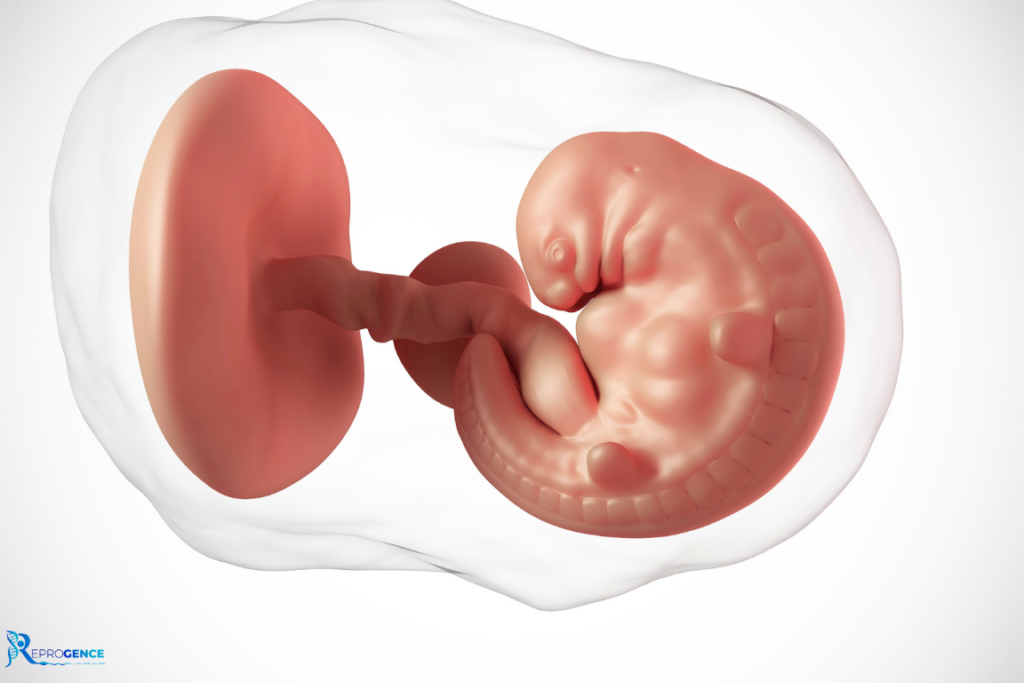Miscarriage is the spontaneous loss of pregnancy before the age of fetal viability.
The age of fetal viability is the gestational age at which the fetus has increased chance of surviving outside the womb with medical assistance. In Nigeria, it is 28 weeks.
That means, any pregnancy loss before 28weeks gestation in Nigeria, is called miscarriage.
Most miscarriages happen in the first trimester (within 13 weeks gestation)
First trimester miscarriages are caused by so many factors as would be discussed below
1. Chromosomal Abnormalities
This is the commonest cause of miscarriage. It accounts for about 40-60% of miscarriages.
Humans have 46 chromosomes, which is made up of 23 pairs.
The chromosome is the unit of inheritance from both parents (23 from each parent).
In chromosomal abnormalities, chromosome(s) could be missing, deleted, mixed or rearranged, extra etc.
Most fetuses with chromosomal abnormalities are spontaneously rejected (aborted) by the body.
2. Hormonal Imbalance
Certain hormones such as progesterone play a very important role in sustaining a pregnancy. Women with progesterone deficiency or imbalance could experience first trimester pregnancy loss.
Other conditions that causes hormonal
imbalance are polycystic ovarian syndrome (PCOS), thyroid disorders etc.
3. Infections
Untreated or poorly-treated vaginal or urinary tract infections can cause miscarriages. Also, malaria is a major cause of both first and second trimester pregnancy loss
4. Uterine factors
Certain conditions such as uterine fibroids, uterine polyps and uterine structural abnormalities such as septate, bicornuate uterus etc can cause miscarriages.
5. Harmful lifestyles
Cigarette smoking, excessive alcohol consumption, use of illicit drugs etc can lead the miscarriage
6. Immunological conditions
Overactive immune conditions such as Antiphospholipid Syndrome(APS), Rheumatoid Arthritis, Systemic Lupus Erythematosus(SLE), Crohn’s disease etc, can cause miscarriages
7. Drugs
There are medications that can interfere with pregnancy, thereby resulting to miscarriage. Such drugs should be avoided. It’s important you talk to your doctor following a missed period.
8. Preexisting Illnesses
Some medical conditions such as diabetes, hypertension, thyroid diseases, autoimmune conditions can increase the risk of miscarriage. This still buttress the importance of preconception counselling and early antenatal visits.
9. Trauma and Stress
Traumatic and stressful physical state can lead to miscarriage.



